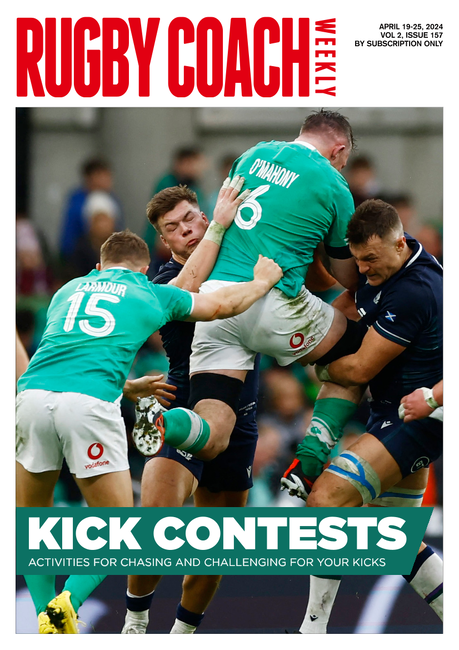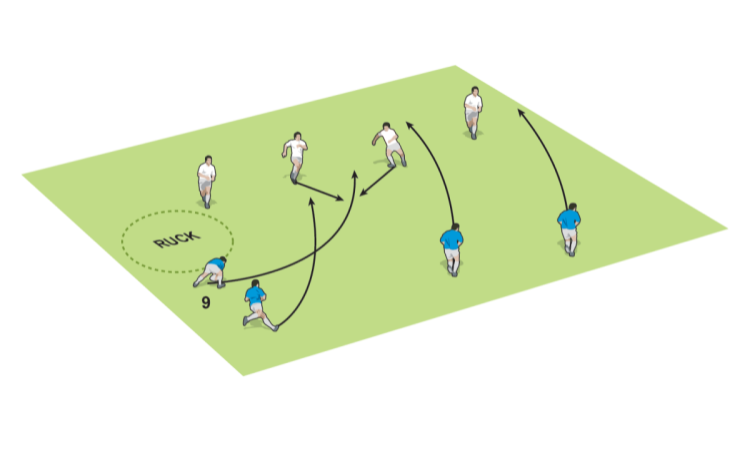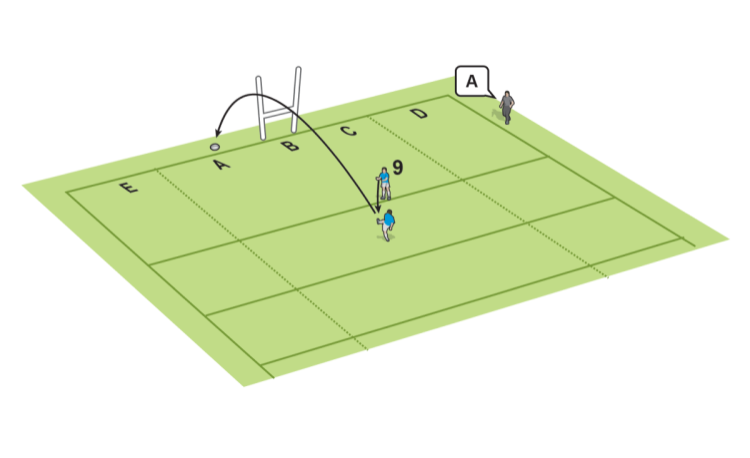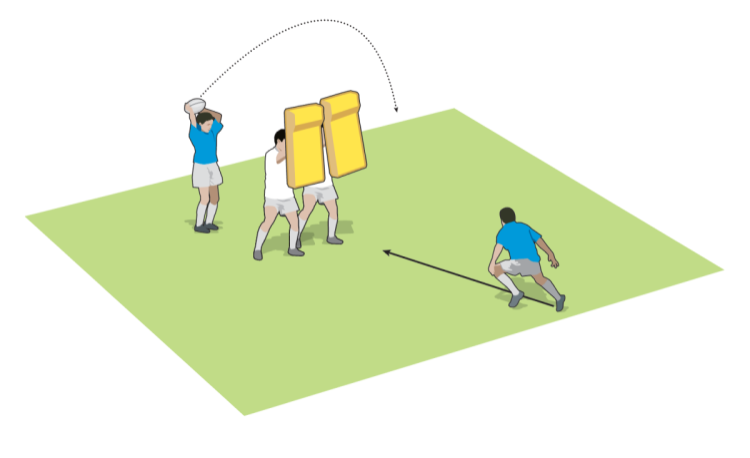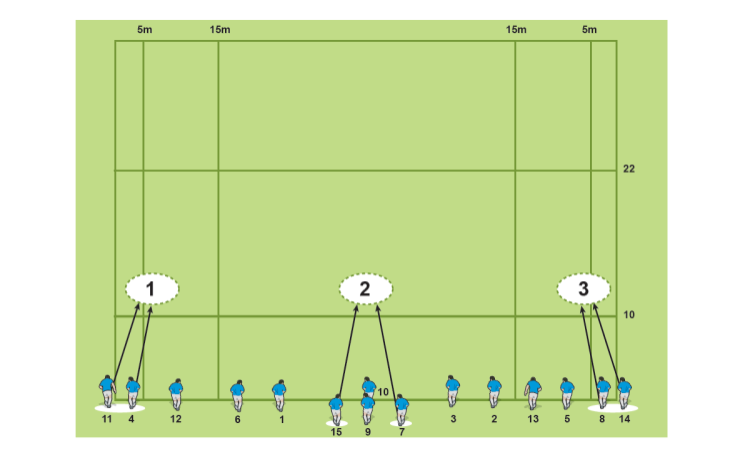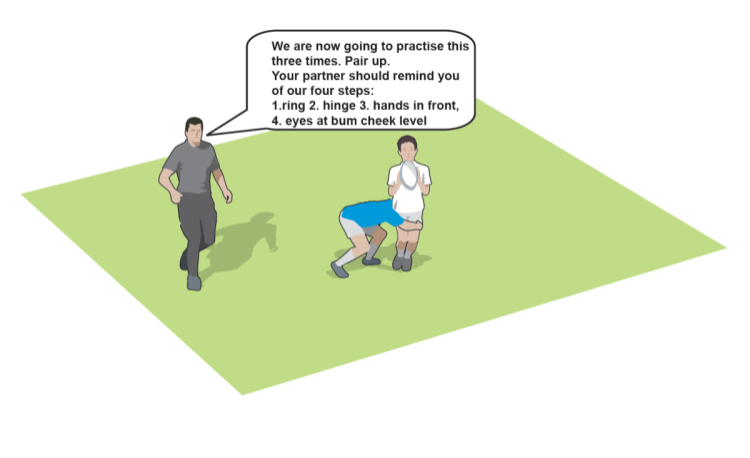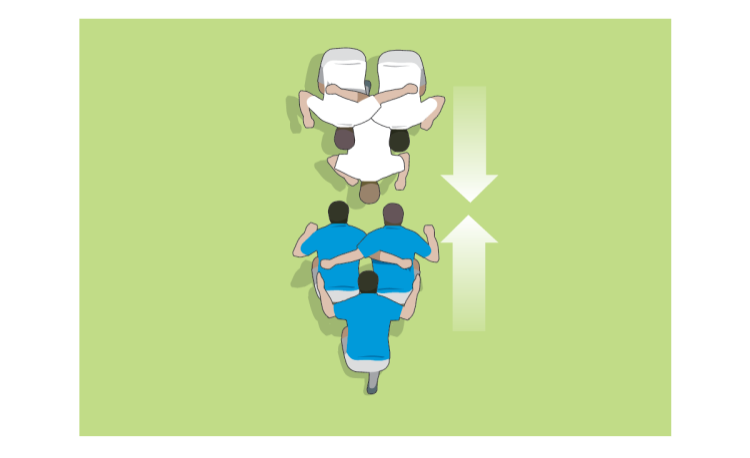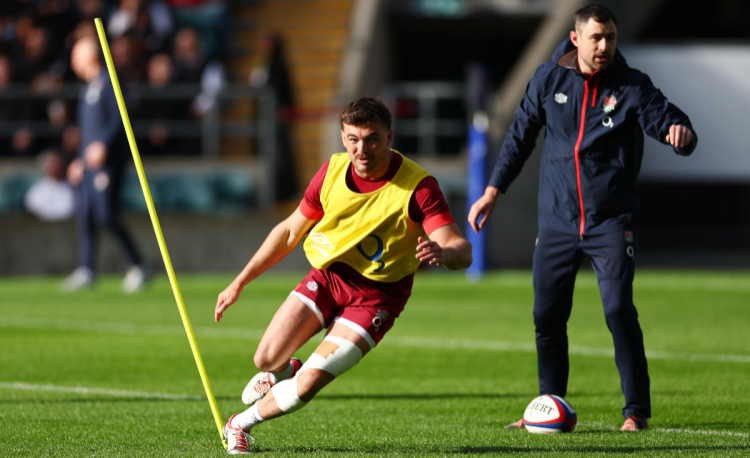You are viewing
1 of your 2 free articles
Coach like a champion: Vital insights into how to improve learning
Doug Lemov, author of Teach Like a Champion and world-renowned educational speaker, shows us how we can use simple and effective techniques on the practice ground. He has worked with sports organisations as well as his crucial work in the classroom context to create better learning outcomes.
He's studied thousands of hours footage and observed teachers and coaches in wide range of situations. His work is a reflection of the best practice at work.
In this podcast, we discuss:
- Why the classroom and sports field share so much common ground
- Why most weekly planning goes wrong
- How to mix up your training programme to create deeper learning
- How to correct mistakes effectively and quickly
- Using "Cold calling" for engagement and your own checkpoints
- Using "Turn and talk" to improve communication skills
- Using "Wait time" to help feedback
- How to avoid "rounding up" poor answers
teachlikeachampion.com
Also, his sports blog
teachlikeachampion.com/category/blog/coaching-and-practice/
Newsletter Sign Up
Coaches Testimonials

Gerald Kearney, Downtown Las Vegas Soccer Club

Paul Butler, Florida, USA

Rick Shields, Springboro, USA

Tony Green, Pierrefonds Titans, Quebec, Canada
Subscribe Today
Be a more effective, more successful rugby coach
In a recent survey 89% of subscribers said Rugby Coach Weekly makes them more confident, 91% said Rugby Coach Weekly makes them a more effective coach and 93% said Rugby Coach Weekly makes them more inspired.
Get Weekly Inspiration
All the latest techniques and approaches
Rugby Coach Weekly offers proven and easy to use rugby drills, coaching sessions, practice plans, small-sided games, warm-ups, training tips and advice.
We've been at the cutting edge of rugby coaching since we launched in 2005, creating resources for the grassroots youth coach, following best practice from around the world and insights from the professional game.
More from us
© 2023 Rugby Coach Weekly
Part of Green Star Media Ltd. Company number: 3008779
We use cookies so we can provide you with the best online experience. By continuing to browse this site you are agreeing to our use of cookies. Click on the banner to find out more.


